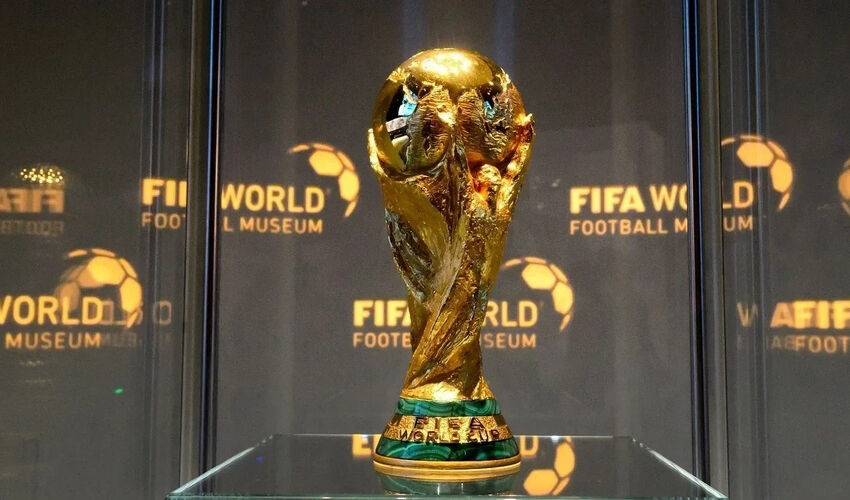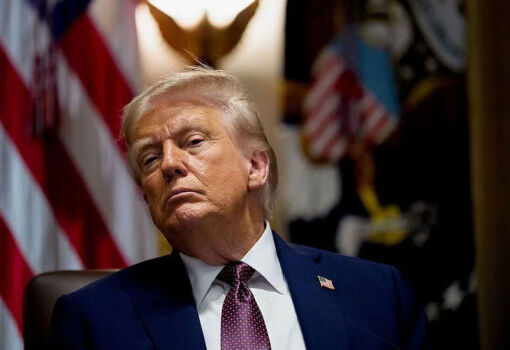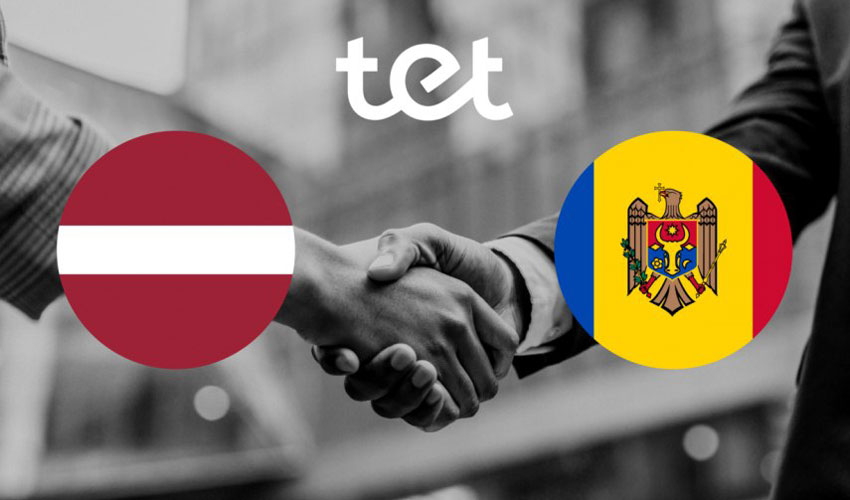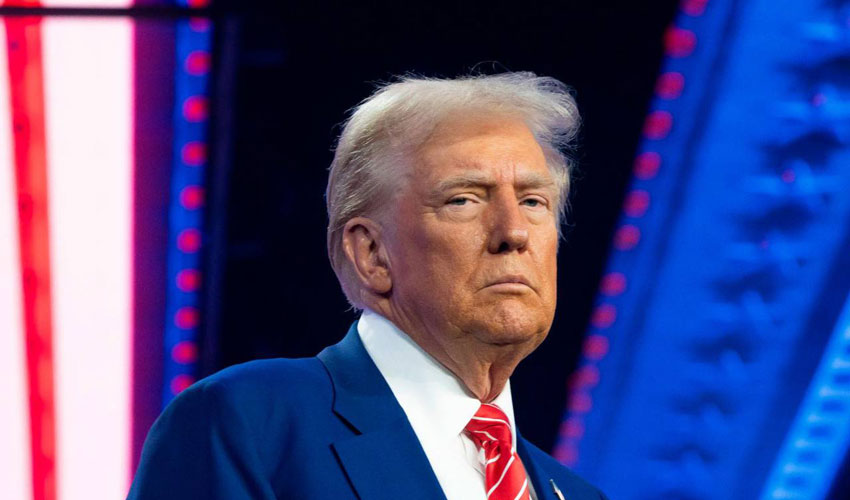
The Norwegian national team, which won the battle for a direct entry in European qualifying Group I against Moldova, Italy, Israel and Estonia, will go to the Mundial for the first time since 1998. The Scandinavian team won 24 points out of a possible 24, including in two matches against four-time world champions Italians (3:0, 4:1), and inflicted Moldova the most crushing defeat in the history of the national team – 1:11. Vikings forward Erling Holann became the top scorer of the European qualifying tournament with 16 goals, far ahead of Marko Arnautovic (Austria), Memphis Depay (Netherlands) and Harry Kane (England), who scored eight goals each.
Like the Norwegians, two more European teams – Austria and Scotland – reached the World Cup finals for the first time since 1998. The Austrians were better than Bosnia and Herzegovina, Romania, Cyprus and San Marino, losing only once – to the Romanian team on the road with a score of 0:1. The Scots won in the same group with Denmark, Greece and Belarus. They have only one defeat on their record – a 2:3 loss to Greece.
The tiny island nation of Curacao, with an area of just over 400 square kilometers, will play in the main soccer tournament for the first time in its history. The grandiose success of the national team was ensured by the famous Dutch coach Dick Advocaat. The former Dutch colony broke two records – Curaçao is the most sparsely populated state (about 150 thousand people) and has the smallest territory among the countries that have ever participated in the Mundial.
For the first time in half a century, the Haitian national team, which has not been selected for the tournament since 1974, was included among the participants of the World Cup. Due to the unstable domestic situation, the players were forced to host their opponents outside their country. The decisive match, which was won over Nicaragua with a score of 2:0, was held in Curacao on November 19. The incredible success of the national team is overshadowed for fans from Haiti by the fact that citizens of this country since June this year are banned from entering the United States, where most of the matches of the Mundial will be held. This restriction does not apply to soccer players, as they are in a special category of persons.
The Uzbek team, which won a ticket back in June, will not only play at the Mundial for the first time in its history, but will also become the first Central Asian country to qualify for the tournament. Srechko Katanec and Timur Kapadze led the national team to this historic achievement, but the Uzbekistan Football Federation decided to entrust the preparation of the players for the championship to a more prominent specialist. After negotiations with German Joachim Löw and Portuguese Paulo Bento failed, the choice fell on Italian coach Fabio Cannavaro, the 2006 world champion and 2000 European vice-champion as a player. The contract with him for two years with an option to extend for three years was signed in October. The specialist’s salary is €4 million a year, including remuneration for his assistants.
A record 48 participants will take part in next year’s World Cup. From 1998 to 2022, 32 national teams participated in the final stage of the tournament. At the upcoming Mundial, the largest number of tickets is traditionally allocated to the Union of European Football Associations (UEFA) – 16. The African Confederation (CAF) received nine direct tickets, the Asian Confederation (AFC) – eight, the South American Confederation (CONMEBOL) – six, the Confederation of North, Central America and the Caribbean (CONCACAF) – three and the Confederation of Oceania (OFC) – one. Three spots go to the national teams of the countries hosting the tournament.
The remaining six spots will be played in the spring in European playoffs (four spots) and intercontinental knockout matches (the remaining two spots). The draw for the European playoffs and intercontinental matches took place at the headquarters of the Federation Internationale de Football Association (FIFA) in Zurich (Switzerland) on November 20.
In the semifinals of the European knock-out tournament on March 26, 2026, Denmark will play North Macedonia, Italy will play Northern Ireland, Poland will play Albania, Slovakia will play Kosovo, Turkey will play Romania, Wales will play Bosnia and Herzegovina, Ukraine will play Sweden, and the Czech Republic will play Ireland. The semifinals will consist of one match, which will take place on the field of the “seeded” national team (it is listed first in each pairing). According to the results of the matches, the winners will go to the finals, which will be held on March 31 next year. On that day and will determine the European teams – the owners of the four coveted tickets to the Mundial.
The winners of the remaining two spots will be determined in March 2026, when intercontinental playoffs will be held involving six teams: two from CONCACAF (Suriname and Jamaica), as the confederation will formally host the World Cup, and one each from CAF (DR Congo), AFC (Iraq), CONMEBOL (Bolivia), and OFC (New Caledonia). In the first semi-final, New Caledonia will play Jamaica, with the winner facing DR Congo in the final. In the second semi-final, Bolivia will face Suriname, with the winner facing Iraq for the final, the 48th spot. The matches will take place from March 23 to 31, 2026, in Guadalajara and Monterrey, Mexico, the host cities of the World Cup.
The World Cup will be held in 16 cities in the United States, Mexico and Canada from June 11 to July 19, 2026. At the tournament, 48 national teams will be divided into 12 groups. Places in the playoffs will be secured by the teams occupying one of the two first places, as well as the top eight third-place teams.
FIFA estimates revenues from the tournament at $13 billion, with expenses of about $3 billion. The main sources of revenue are ticket sales, television and streaming rights, as well as the signing of sponsorship agreements at the global level.
|
Direct entry teams to the FIFA World Cup 2026 |
||
|
Europe (UEFA) |
Host countries |
Africa (CAF) |
|
Austria |
USA |
Algeria |
|
England |
Mexico |
Ghana |
|
Belgium |
Canada |
Egypt |
|
Germany |
Asia (AFC) |
Cape Verde |
|
Spain |
Australia |
Côte d’Ivoire |
|
Netherlands |
Jordan |
Morocco |
|
Norway |
Iran |
Senegal |
|
Portugal |
Qatar |
Tunisia |
|
France |
Saudi Arabia | SOUTH AFRICA |
|
Croatia |
Uzbekistan | South America (CONMEBOL) |
| Switzerland | South Korea |
Argentina |
|
Scotland |
Japan |
Brazil |
| North, Central America, Caribbean (CONCACAF) | Oceania (OFC) |
Colombia |
|
Haiti |
New Zealand | Paraguay |
| Curaçao |
Uruguay |
|
|
Panama |
Ecuador |
|
|
16 European teams will compete for four spots in the playoffs |
Six teams – two from CONCACAF and one each from AFC, CAF, CONMEBOL and OFC – will compete for two spots in the intercontinental play-offs. |
|













